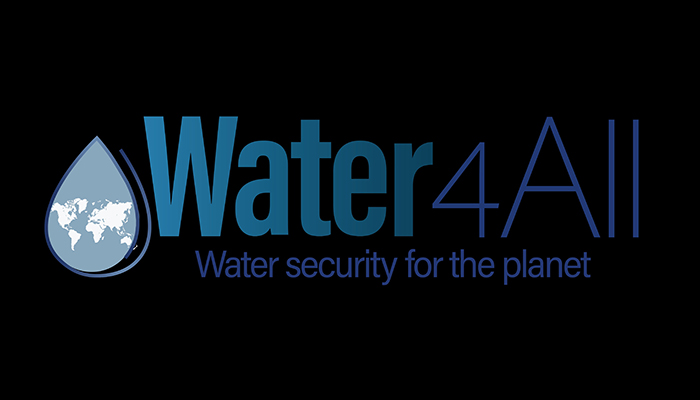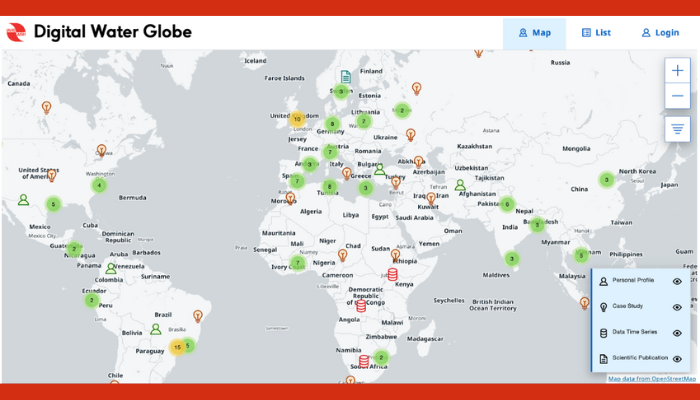Have you ever thought about convening an EGU session instead of just attending them? Until September 9th you have the chance to do just that for the 2025 General Assembly, which will be taking place from April 27 to May 2 in Vienna, Austria. Convening a session can sound a bit intimidating, especially if you’ve never done it before or if you are an early career scientist. However, it’s an i ...[Read More]
Call to participate to the public consultation for the Water4All-Partnership
Those of you who are active in proposal writing might know the programme Water4All Partnership – Water Security for the Planet. It is a funding programme for scientific research in freshwater with the goal to address urgent water-related challenges. The programme is co-funded by the European Union within the frame of the Horizon Europe programme (lasting until 2027) and includes 90 partners ...[Read More]
The IAHS Digital Water Globe – Increase the Visibility of Your Research in Hydrological Sciences
Are you looking for ways to boost the visibility of your hydrology research? Are you looking for potential collaborators for new research in a specific topic? Doing research and getting it published are two of the challenges every hydrologist faces. However, once one’s research has passed peer review and is out in the world, there is one more hurdle to clear: ensuring people see it, read it, and ...[Read More]
HydroData Chronicles: A global precipitation climatology toolbox and database
Welcome back to the HydroData Chronicles, where we uncover the hidden stories within hydrological data! In our last post, we explored a novel high-resolution, 40-year rainfall dataset covering the Contiguous United States (CONUS), developed developed by Emmanouil et al. in 2021. This time, we dive into the world of precipitation datasets with a promising new tool: the pRecipe package developed by ...[Read More]




